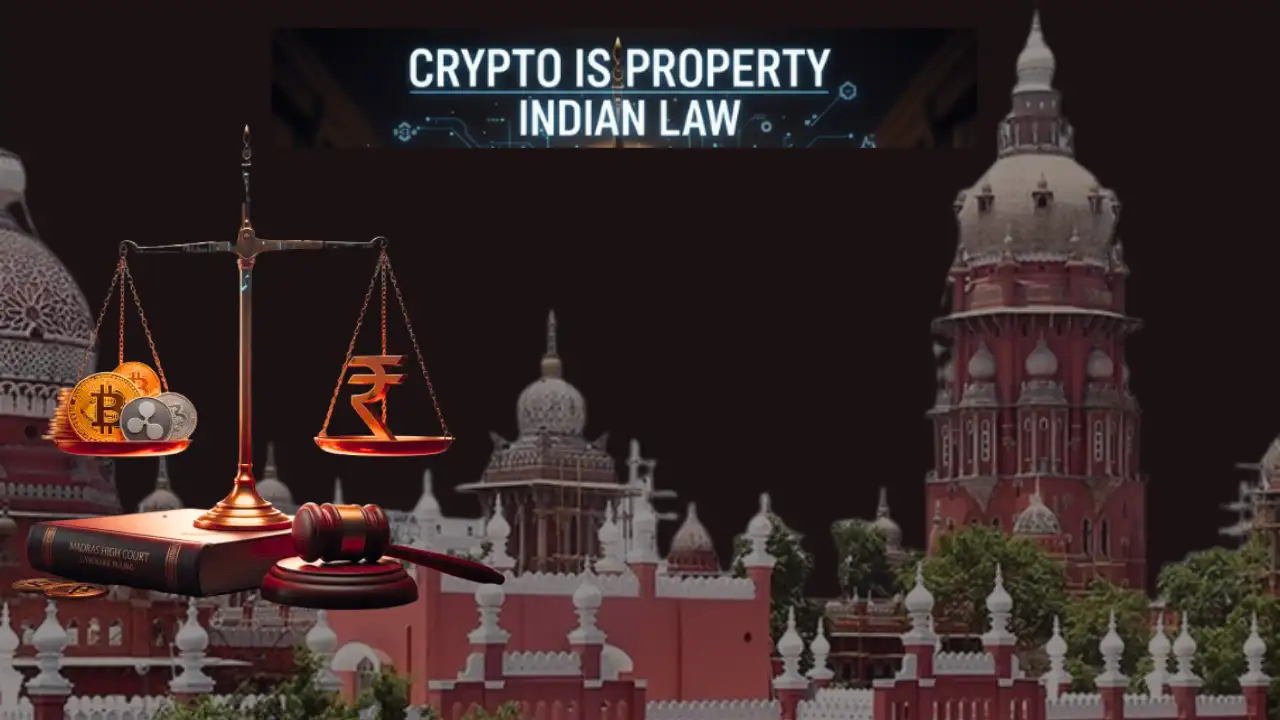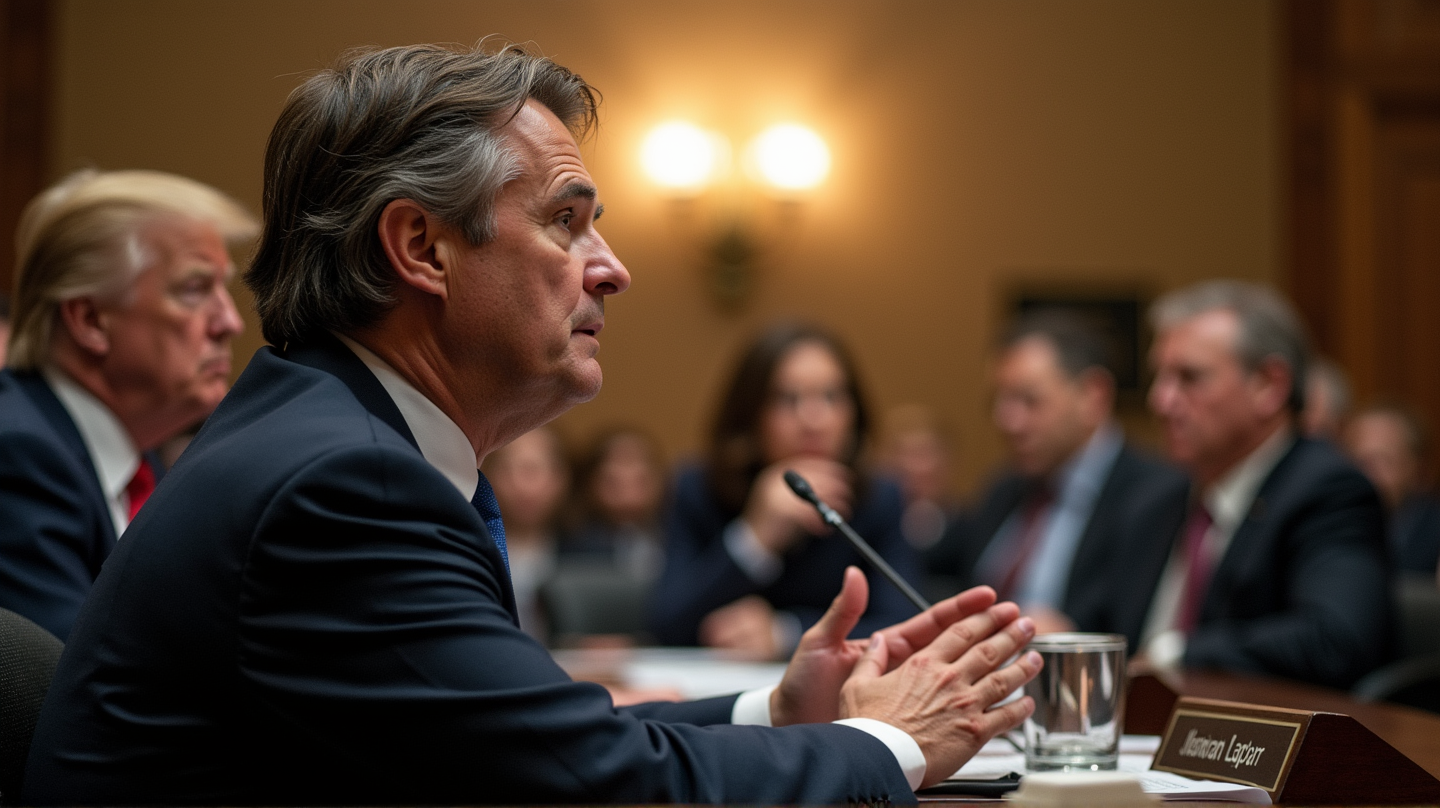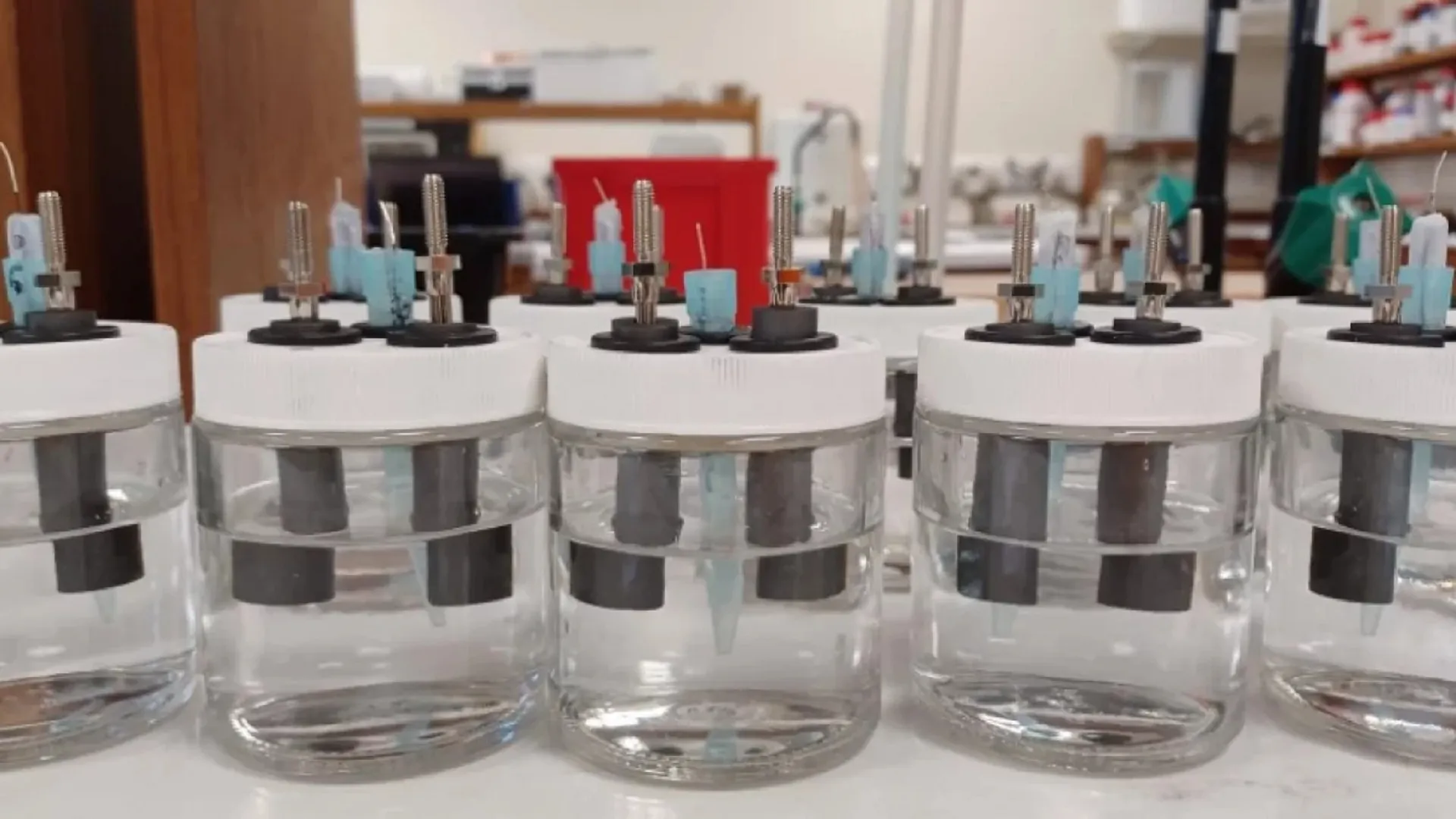Copyright timesnownews

In a landmark judgment that could reshape the legal standing of digital assets in India, the Madras High Court has officially recognised cryptocurrency as “property” under Indian law. The court held that, although crypto assets are intangible and not legal tender, they still possess the essential characteristics of property, capable of ownership, control, and transfer, said a report by CNBC TV18. The decision came during a hearing of the case Zanmai Labs Pvt. Ltd. (WazirX’s Indian branch) vs a crypto investor, whose holdings of 3,532.30 XRP tokens were frozen following a July 2024 cyberattack. Delivering the judgment, Justice N Anand Venkatesh stated that cryptocurrency, while not “money” in the traditional sense, has recognisable legal value and can be held in trust. “There is no doubt that cryptocurrency is a property. It is not tangible, nor is it a currency. However, it is a property that can be enjoyed and possessed in a beneficial form and is capable of being held in trust,” Justice Venkatesh observed. Crypto Defined as a Virtual Digital Asset, Not Speculation The High Court clarified that crypto investments do not fall under the category of “speculative transactions”, citing their classification as Virtual Digital Assets (VDAs) under Section 2(47A) of the Income Tax Act, 1961. “Under Indian law, cryptocurrency is a virtual digital asset and not a speculative transaction. The user’s investment is converted into crypto, which can be traded, stored, and sold. Therefore, it carries a definite proprietary character,” the court stated. This interpretation effectively reinforces the Income Tax Department’s stance that digital assets like Bitcoin, Ether, and XRP can be taxed and treated as assets, even though they lack recognition as legal tender. Key Legal Reasoning The Madras High Court relied on several Supreme Court precedents, including Ahmed G.H. Ariff vs. CWT and Jilubhai Nanbhai Khachar vs. State of Gujarat, to interpret the meaning of “property” broadly. The judgment noted that property is not confined to physical or tangible assets, it can include anything that is identifiable, transferable, and under exclusive control. In the context of cryptocurrency, tokens may exist digitally but are still: Defined and identifiable,Exclusively controlled via private keys, andCapable of transfer through blockchain technology. These attributes, Justice Venkatesh said, were “sufficient to confer a proprietary character” on crypto assets, even if they exist solely as data. Territorial Jurisdiction and Indian Nexus The case also established a jurisdictional connection to India. The court noted that the investor had used funds from a Kotak Mahindra Bank account in Chennai to purchase crypto assets on WazirX, confirming that part of the cause of action arose within the Madras High Court’s jurisdiction. While the parent company Zettai Pte Ltd (based in Singapore) and its former partner Binance are not registered entities under Indian law, the Indian arm Zanmai Labs Pvt. Ltd. is a registered entity and a filer with the Financial Intelligence Unit (FIU) India, strengthening the domestic linkage. Significance of the Ruling Legal experts are calling this a turning point for India’s evolving crypto ecosystem. The recognition of digital tokens as property could open the door for greater investor protection, legal recourse against fraud, and formal recognition in taxation and inheritance laws. It also sets a precedent for Indian courts to intervene in disputes involving crypto assets located within the country, consistent with the Supreme Court’s decision in PASL Wind Solutions Pvt. Ltd. v. GE Power Conversion India Pvt. Ltd. (2021), which allows temporary relief for asset protection under Section 9 of the Arbitration and Conciliation Act. The interim order prevents Zanmai Labs and its directors from redistributing or reallocating the investor’s frozen tokens until arbitration is completed. The final verdict in this case could further clarify the extent of legal protection and ownership rights surrounding digital assets in India. 'The Madras High Court’s recognition of crypto as “property” is a major step toward investor protection, granting clear ownership rights and legal recourse against fraud, misuse, or exchange failures. It also redefines exchanges as custodians, demanding stronger governance and transparency. Importantly, the ruling gives Indian courts jurisdiction even when exchanges operate abroad, ensuring accountability....However, treating all crypto tokens as property could create problems since different tokens serve different purposes. For example, governance tokens like UNI from Uniswap are used to vote on decisions within a decentralized protocol, not for profit,' said Edul Patel, CEO of Mudrex. As regulatory clarity deepens, India’s judiciary appears to be taking a progressive stance, acknowledging the real-world economic and proprietary nature of cryptocurrencies even before comprehensive legislation is passed.



